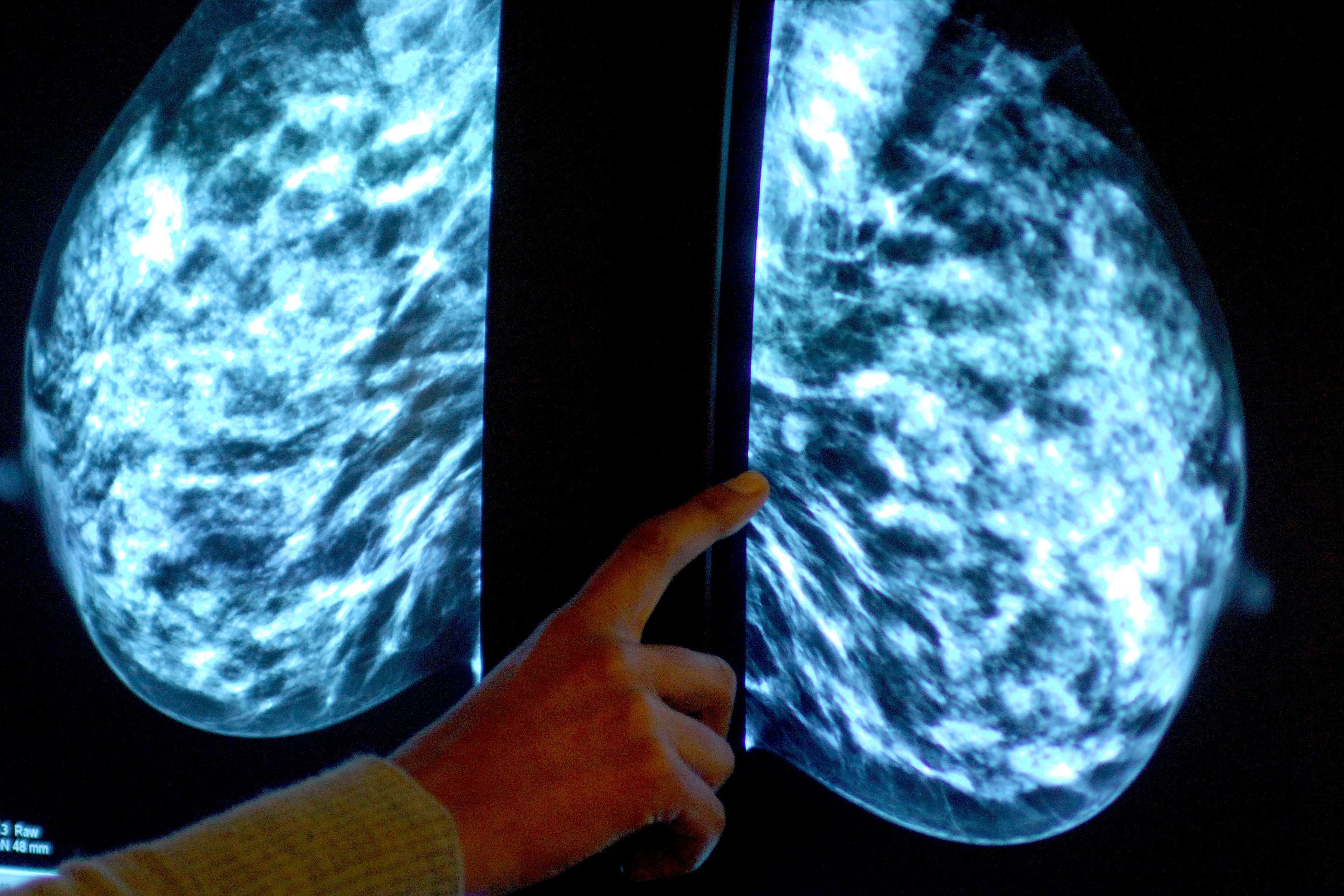Breast cancer survivors at significant risk of developing entirely new cancers
More deprived women were found to be at higher risk of lung, kidney, head and neck, bladder, oesophageal and stomach cancers
Your support helps us to tell the story
This election is still a dead heat, according to most polls. In a fight with such wafer-thin margins, we need reporters on the ground talking to the people Trump and Harris are courting. Your support allows us to keep sending journalists to the story.
The Independent is trusted by 27 million Americans from across the entire political spectrum every month. Unlike many other quality news outlets, we choose not to lock you out of our reporting and analysis with paywalls. But quality journalism must still be paid for.
Help us keep bring these critical stories to light. Your support makes all the difference.
Breast cancer survivors are at significant risk of developing entirely new cancers somewhere else in the body, researchers have warned.
Experts from the University of Cambridge, who examined data for almost 600,000 people in England, said genetics plays a role in driving up the risk of further separate cancers, but being from deprived backgrounds, being obese and drinking too much, is also likely to play a role.
While it is already known that people who survive breast cancer are at higher risk of another primary cancer, the true risk has been unclear until now.
The new study, published in Lancet Regional Health – Europe, calculated risks and found that women who survive breast cancer have double the risk of cancer in their other, healthy breast compared to the general population.
Furthermore, they are at 87 per cent increased risk of endometrial cancer, 58 per cent greater risk of myeloid leukaemia and have a 25 per cent increased risk of ovarian cancer.
The study also found that women diagnosed with breast cancer under the age of 50 were 86 per cent more likely to develop a second, new cancer compared to the general population of the same age, whereas women diagnosed after 50 had a 17 per cent higher risk.
The researchers said the inherited faulty genetic mutations BRCA1 and BRCA2, which are already known to increase the risk of early breast cancer and ovarian cancer, offered a partial explanation for this finding.

The study also found that women from the most deprived backgrounds were at 35 per cent higher risk of another cancer compared to those from the wealthiest backgrounds.
More deprived women were found to be at higher risk of lung, kidney, head and neck, bladder, oesophageal and stomach cancers.
The researchers said: “These may be explained by higher prevalences of smoking, obesity and alcohol consumption among more deprived groups, as these are established risk factors for these cancers.”
The study used a National Cancer Registration Dataset for more than 580,000 women and over 3,500 men diagnosed between 1995 and 2019.
Cancer Research UK’s senior cancer intelligence manager, Katrina Brown, said: “This study shows us that the risk of second primary cancers is higher in people who have had breast cancer, and this can differ depending on someone’s socioeconomic background.
“But more research is needed to understand what is driving this difference and how to tackle these health inequalities.”
The study also found that male breast cancer survivors were 55 times more likely than the general male population to develop cancer in their other breast, though the overall risk was very low.
Male breast cancer survivors were also 58 per cent6 more likely than the general male population to develop prostate cancer.
Professor Antonis Antoniou, senior author on the study, said: “This is the largest study to date to look at the risk in breast cancer survivors of developing a second cancer.”
Dr Simon Vincent, director of research, support and influencing at Breast Cancer Now, said more research was “needed to fully understand the reasons why second primary cancers sometimes develop elsewhere in the body and to determine what follow-up would be appropriate for people who have finished hospital treatment for primary breast cancer”.
He said anyone worried about any new or unusual breast changes should call their treatment team, GP, or the Breast Cancer Now free helpline.
Subscribe to Independent Premium to bookmark this article
Want to bookmark your favourite articles and stories to read or reference later? Start your Independent Premium subscription today.

Join our commenting forum
Join thought-provoking conversations, follow other Independent readers and see their replies
Comments